In 2003, with two young children in tow, Dr. Shari Rosen moved to Shanghai as a trailing spouse for a one-year assignment. After spending time here, she saw a gap in the availability of care for those with special needs and decided to make a difference. This was when she founded ELG, and established Shanghai’s first special education center. Now, 15 years later, ELG is firmly embedded in the community, positively impacting the lives of those who enter their campuses. And, Dr. Rosen is at the helm, making every day count for herself and those around her.
As the founder of ELG, can you tell us what motivated you to undertake such an endeavor?
After arriving here, I met with a woman who worked with Heart to Heart (now called Walk in My Shoes), a special needs support group, and I was surprised to learn I was the only SpeechLanguage Pathologist in Shanghai. At that time, international schools sorely lacked support for children with special needs. This often resulted in a child’s exit from school without minor accommodations that would have allowed them to succeed.
I went all over Shanghai to train doctors and teachers and to support children and their families. By metro, taxi, bicycle, and foot, sometimes sleeping on friends’ couches to be closer to where I was needed. I was in high demand, offering the services that no one else could.
As my husband Monte’s one-year assignment extended, I learned more and more about the lack of options for families in China. While I was able to train doctors in how to diagnose autism, for example, there were no therapeutic services available for follow up to help the diagnosed children. I set up a parent support group and trained pediatricians to offer therapies.
In 2005, when Monte’s company asked him to repatriate to the US, we decided to stay here and start a new adventure together to improve special education and care for children with special needs in China. This was when we founded ELG.
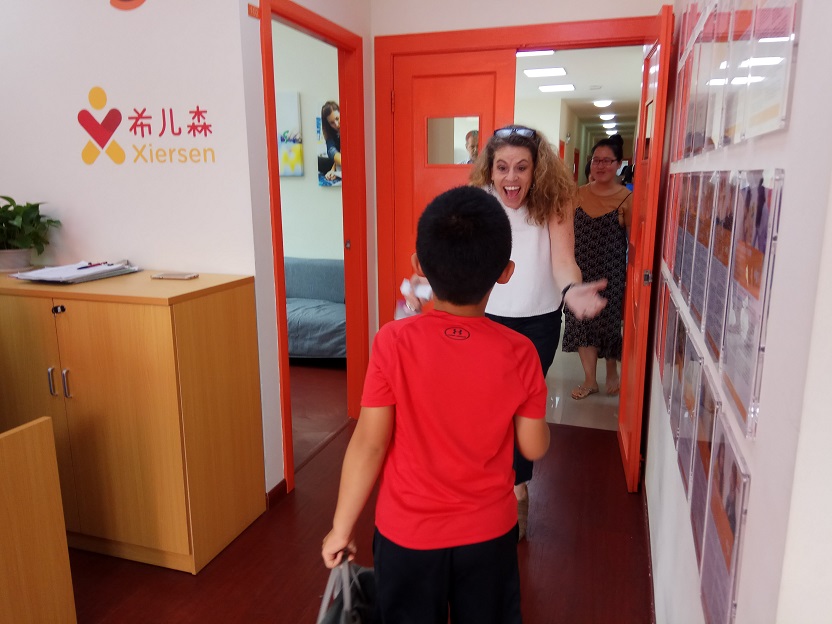
Can you give the community an overview of the services and support available through ELG?
ELG has a full-time bilingual special education program (for children aged 2½ to adults) with locations in Puxi and Pudong. This program provides an alternative for children whose needs are not met in local or international schools. At times, this may be the only option for children exited from mainstream education due to learning disabilities, social or behavioral challenges, or other needs.
In addition, ELG offers speech-language therapy, physical therapy, occupational therapy, behavior therapy and mental health counseling by appointment (for infants to elderly adults). Some examples include support with learning disabilities, sleep difficulties, handwriting, mental health challenges, coordination and social skills. People can call regarding any issue, even if they aren’t sure what specific type of therapy or assessment they need.
ELG also offers training to parents and professionals, as well as consultation for safeguarding and crisis management (for infants to elderly adults).
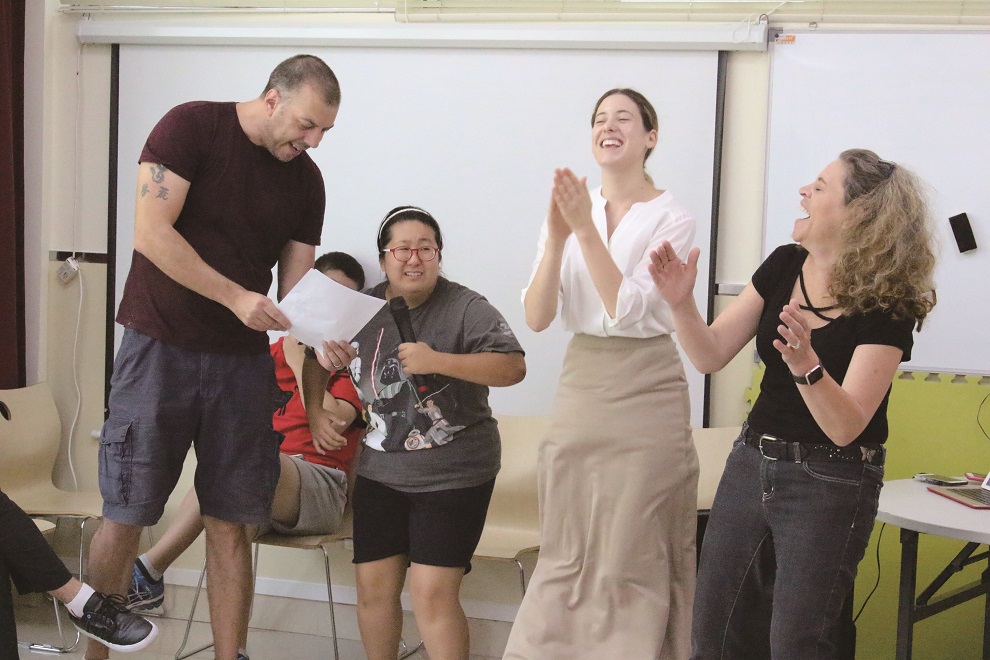
What are the backgrounds of your ELG therapists?
ELG’s therapists and special educators come from all over the world. All therapists are certified to practice in their home countries. Many have master’s degrees or Ph.D.’s and additional therapy certifications to better support families. The special education team is a combination of internationally trained educators and local staff who receive regular professional development and training, including from ELG’s therapy team.
I am incredibly proud of the team at ELG. We continue to grow and evolve to align ourselves with the needs across a broad spectrum of the community, be they developmental, academic, social or emotional. We have a strong bilingual team of specialists who enable us to support local communities.
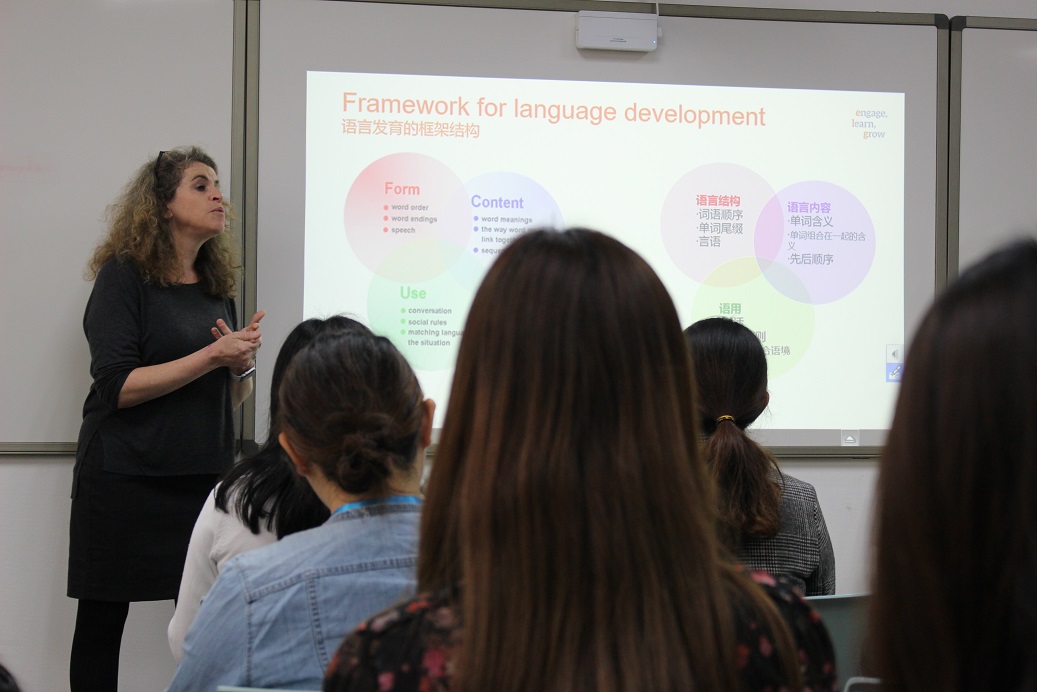
Can you tell us about what drives you to support individuals who are living with a learning disability?
I have a Ph.D. in speech-language pathology and have been in practice for 30 years. My interests and expertise cover a wide scope within the field. I love working with individuals (from infants to young adults) who have complex learning difficulties because I identify with them myself, as I also have a learning disability. I was diagnosed with ADHD (attention deficit hyperactivity disorder) at the age of 30.
A learning disability is a neurological disorder resulting from a difference in the way a person’s brain is ‘wired.’ They may have difficulty reading, writing, spelling, reasoning, recalling or organizing information. Individuals with learning disabilities have an average to superior IQ (cognition). It is a lifelong issue, but with the right support and intervention, they can succeed in school. I disguised my learning difficulties well, but I suffered. I had very low self-esteem. Because of my own experience and my daughter’s, I’ve learned that parents, teachers and schools need to understand better how we assess and support students who are typically bright but are struggling socially or academically. We often hear “They are just lazy,” but we need to examine whether it’s a ‘won’t do versus can’t do’ – it looks like they won’t, but often they can’t. The earlier the red flags, the earlier the support can commence.
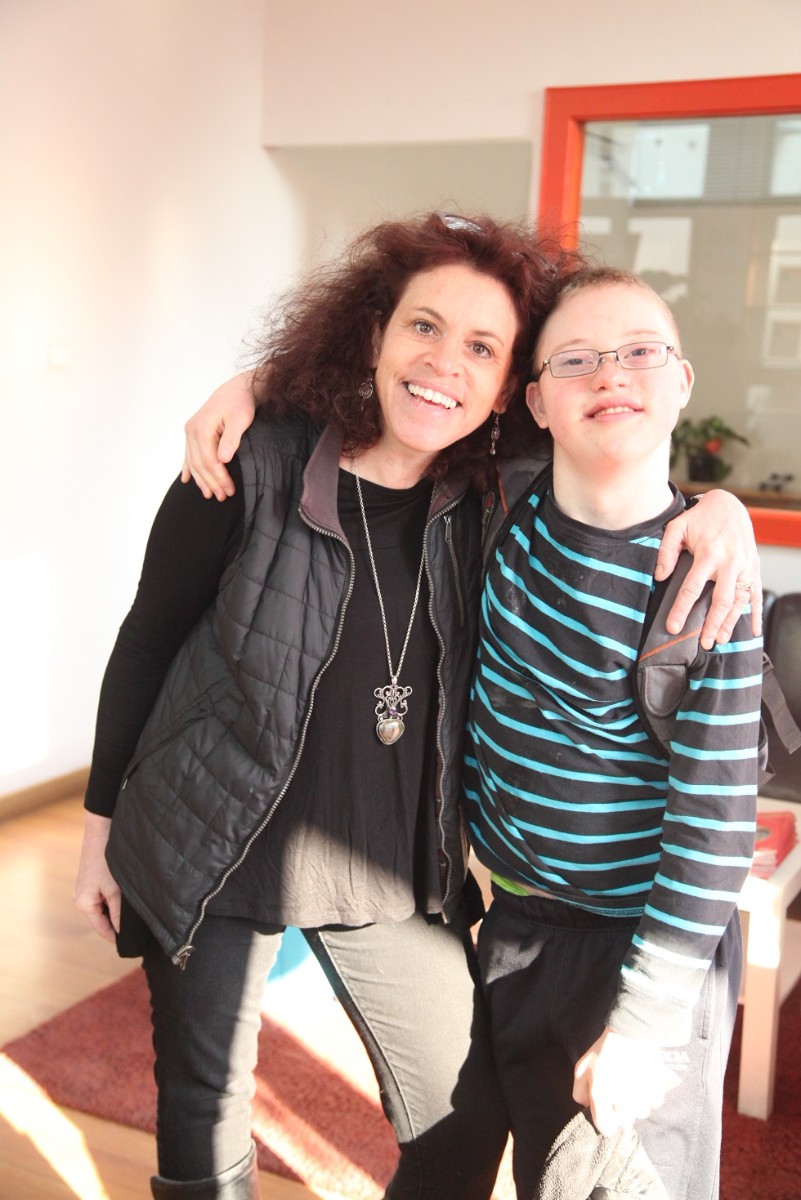
We do not doubt that with all your accomplishments you are a role model to many; who has had a significant influence on your life?
Tracey walked into my life 20 years ago when she answered an ad that I placed for a roommate while living in Boston. Over the years we lost touch until we found each other on Facebook. A lot had changed. Within three months, she was diagnosed with brain cancer, found out her husband was having an affair and lost her father in a car accident. Twelve years ago, she was given 12-18 months to live. There is a fairy tale ending; her college sweetheart came back into her life and they married. She is my hero. She was determined to live her remaining life without the cornucopia of toxic medications. She had five children to care for in her blended family. She began to research and experiment with natural treatments, and then she started to thrive: she is a medical marvel. And, because she was so passionate, she vowed to change the laws in New York State and Connecticut to help others who are seeking alternatives. She founded the Connecticut Brain Tumor Alliance, which raises money for brain cancer research. She is also passionate about supporting individuals with posttraumatic stress disorder. She is the epitome of approaching each day as if it was your last and not taking things for granted. She teaches me to challenge myself and continue to find passion. (Ed. note: sadly, Tracey passed away soon after this interview.)
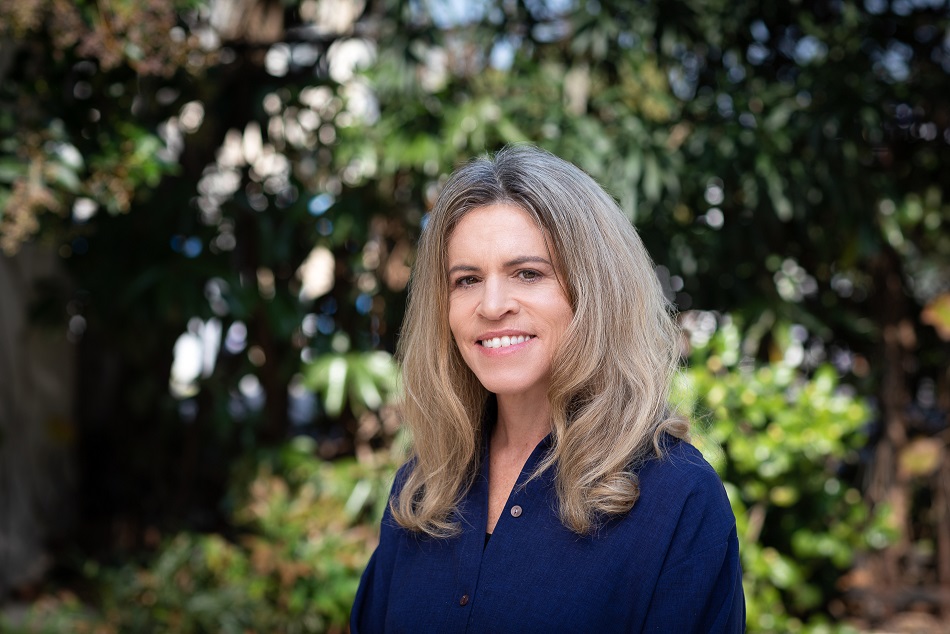
What else would you like to tell the Urban Family community about ELG?
One of our greatest feats was recieving a nonprofit certificate from the Chinese government. Xiersen is our sister NGO that we founded in 2015. It creates opportunities for local people to train as special education assistants, giving careers to those who love children, but may not have access to education or training. It also offers children with special needs the support they deserve and otherwise would not receive. The Careers in Care training project is just getting off the ground, and I can’t wait to see how many thousands or even millions of lives are touched by the work we do.
ELG in Numbers
Year established: 2006
Locations: 2 in Shanghai (Puxi and Pudong Campuses). However, the services are China-wide
Clients: >600
Children in the full-time program: ~40
Therapists: ~30
Languages: 16 spoken by ELG specialists (primarily Mandarin and English)
For more details on ELG, click here or scan the QR code below.
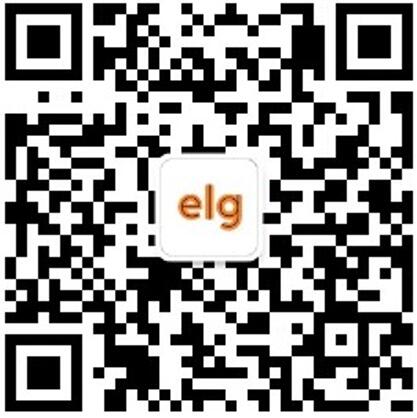
[Images via Dr. Shari Rosen]


















